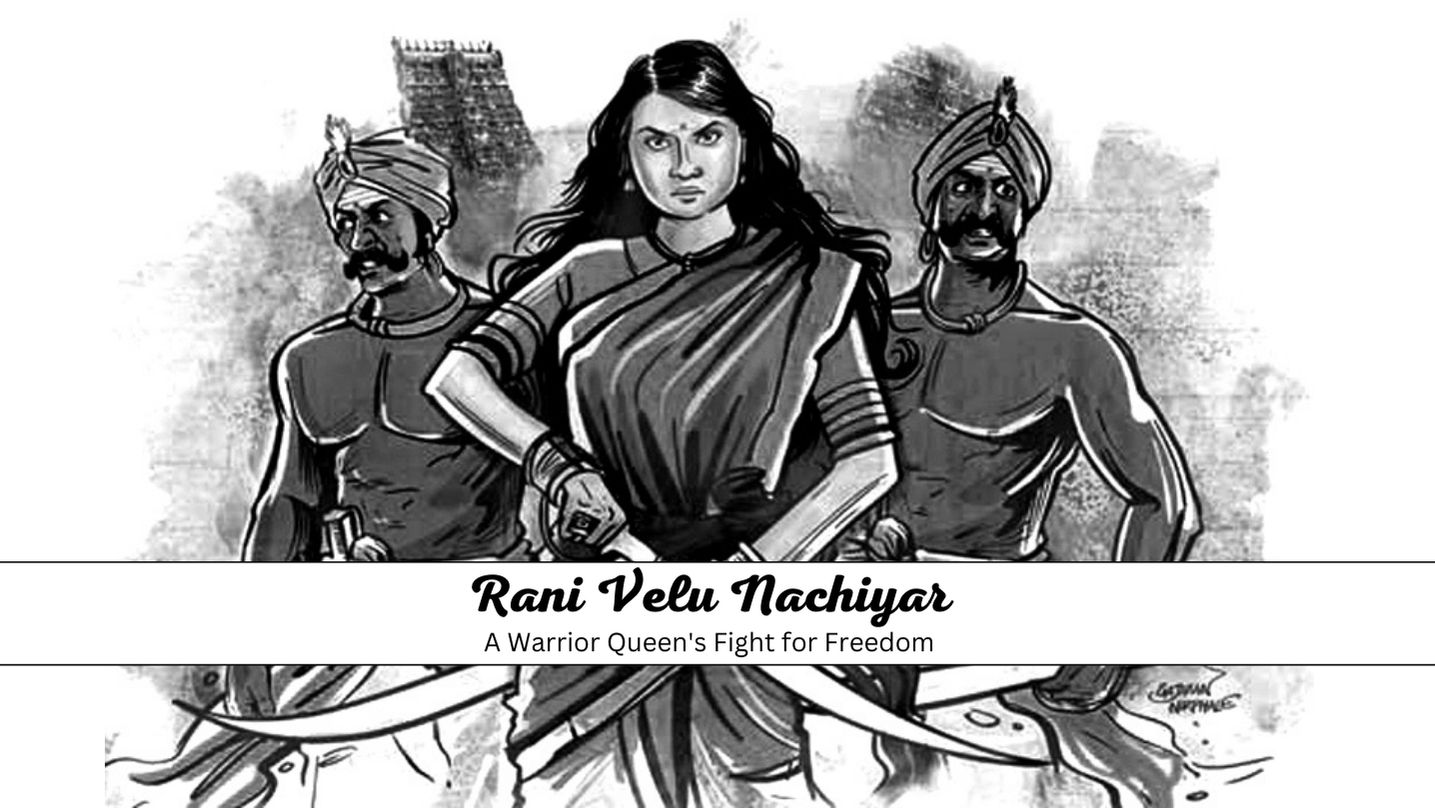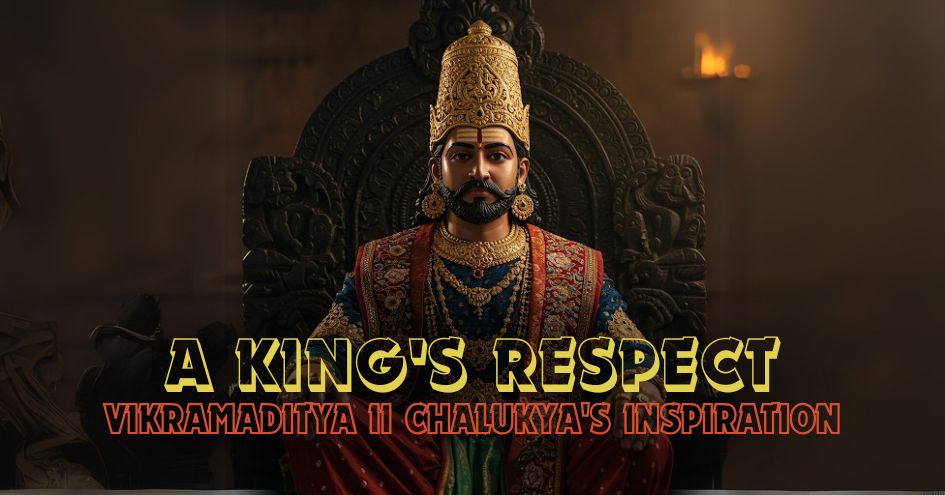
Rani Velu Nachiyar stands as a powerful symbol of resistance in Indian history. She was the first queen to challenge the might of the British East India Company and emerge victorious. Her reign in the late 18th century exemplifies courage, strategic brilliance, and unwavering dedication to her kingdom.
Born in 1730 to the royal family of Ramnad, Velu Nachiyar received a unique upbringing. Due to the lack of a male heir, she was trained in warfare and statecraft, mastering martial arts like Valari and weaponry alongside languages like French, English, and Urdu. This exceptional education prepared her for the challenges that lay ahead.
At the young age of sixteen, she married King Muthuvaduganathar of Sivaganga. However, tragedy struck in 1772 when British forces led by Lt. Col. Bon Jour invaded their kingdom and killed her husband in the battle of Kalaiyar Koil. Determined to avenge her loss and reclaim her land, Velu Nachiyar refused to be cowed.
Undeterred, she formed strategic alliances. Recognizing the shared opposition to British rule, she sought aid from Hyder Ali, the ruler of Mysore. Impressed by her resolve, Hyder Ali provided her with military support, including infantry, cavalry, and crucial siege equipment.
Velu Nachiyar, along with the Maruthu brothers, skilled commanders in her army, led the fightback. They faced resistance from the Nawab of Arcot, a British ally, but their combined forces persevered. A pivotal moment came when Kuyili, a brave commander in Velu Nachiyar's women's army, sacrificed herself by igniting herself near the enemy fort's ammunition depot, allowing the gates to be breached.
This act of selfless heroism paved the way for victory. Velu Nachiyar's forces captured the fort, defeating the British and their allies. She reclaimed her rightful place as the queen of Sivaganga, avenging her husband's death and securing her kingdom's freedom.
Rani Velu Nachiyar's reign lasted for a decade, a testament to her leadership and strategic prowess. Her story continues to inspire generations, reminding us of the sacrifices made in the fight for freedom. Notably, her resistance predates Rani Lakshmibai of Jhansi by over eight decades, highlighting the long and multifaceted struggle against British colonialism in India.
 Dakshinamurthy is a scholar and researcher of Indic themes and a contributing writer of The Verandah Club
Dakshinamurthy is a scholar and researcher of Indic themes and a contributing writer of The Verandah Club
NEXT ARTICLE

Indian History is rife with conflict between kings for power, territory and regional supremacy. We have seen instances where kings have made it a poin...

"Saare Jahaan Se Accha, Hindustan Hamara!"These immortal words, spoken by Squadron Leader Rakesh Sharma from the vast expanse of space in 1984, When t...

High in the rugged, unforgiving terrain of Jammu and Kashmir’s Reasi district, where the Chenab River slices through deep gorges and the Himalayas loo...